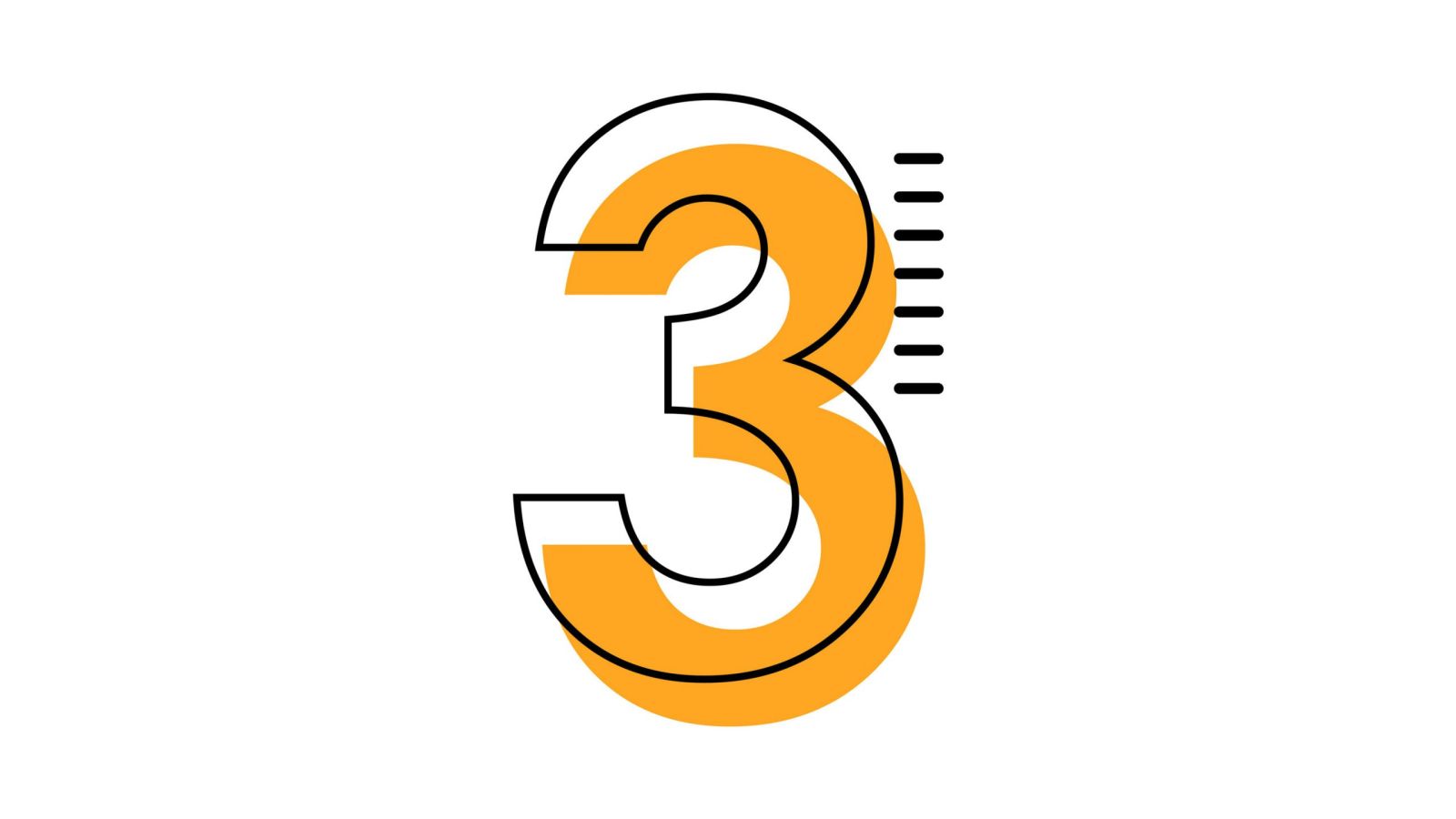Who Leads the Ṣalāh?
Shaykh Mūsá Richardson
An important research and study of the issue of leadership in prayers. A variety of situations are discussed towards understanding the correct principles with regards to the Imāmah and rights of those who lead the ṣalāh.

The Prophet (ṣallallāhu ʿalayhi wa-sallam) said: The Person who leads the people in prayer is the one who is most well-read (in the Qurʾān), if they are equal in their reading, then the most knowledgeable of them about the Sunnah, if they are equal with their knowledge of the Sunnah, then the one who made ḥijrah first, and if they are equal in the times they made ḥijrah, then the oldest of them in (accepting) Islām and let not a man lead another in his sultan (place of authority), and let him not sit in his special seat in his house except with his permission.” [Collected by Muslim, full reference on the recording]
Issues Discussed:
-
Is it wājib or recommended to make the imāmah according to the order in this ḥadīth?
-
The relevance of age in this Issue
-
Does having the most Qurʾān refer to memorisation or fiqh (understanding)?
-
What is the meaning of ‘most well-versed in the Qurʾān’?
-
The Understanding of ‘do not lead a person in his place of authority
-
Shaykh Ibn ʿUthaymīn on the one with more Qurʾān trying to overrule (or abandoning) the Imām or those appointed in authority
-
What about the Imām whose recitation is poor?
-
Imām Ibn Bāz on the receptor who has difficulty pronouncing certain letters
-
What about the Imām who shaves his beard (or has other effeminate qualities)?
-
Who leads the ṣalāh when the owner (of a property) and the renter are both presents?
-
Who leads the ṣalāh with the Ruler/Governor visits?
-
Which is preferable, for the upright muslim to lead the ṣalāh or a hafiẓ who is a fāsiq (open-sinner) to lead?












